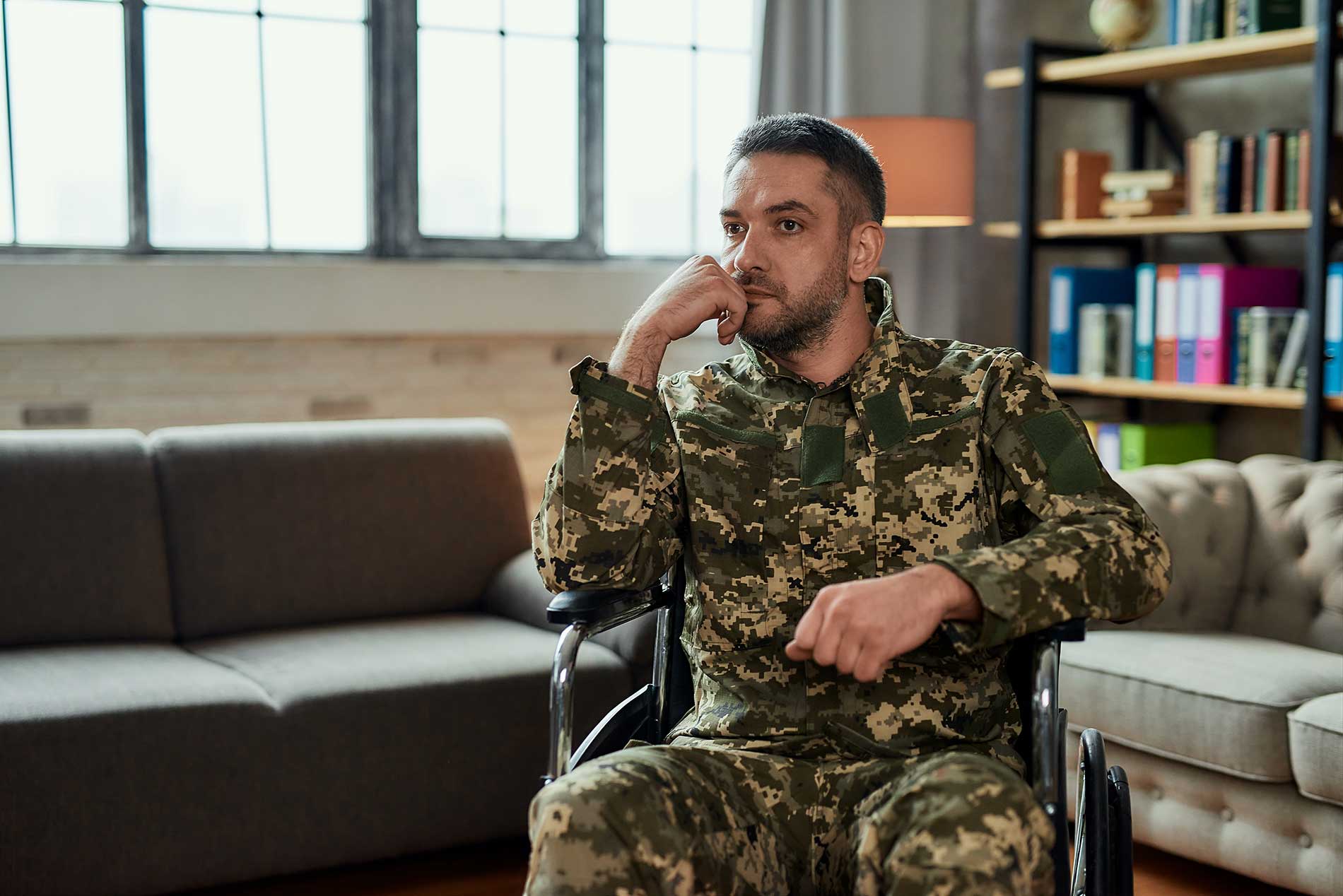
Dealing with Trauma
I have supported many people who have experienced traumatic events in their lives such as physical and mental abuse, rape, and accidents. Trauma is not the actual event; it is what’s happening inside of you because of the event. Trauma happens at the body level and on the level of the psyche.

Working with trauma
I work with my patients as they move through the process of uncovering early events that promote trauma in their lives. I support you when remembering painful experiences; a necessary, therapeutic path that forms part of the healing process.
Understand the roots of trauma
Developmental trauma is another form of trauma that I work with. This type of trauma describes childhood trauma such as chronic abuse, neglect, or other harsh adversity in their own homes. When working with developmental trauma its crucial to identify within the therapeutic process the good things that should have happened that didn’t in early development. This may identify what many people are still searching for in their adult lives.
Treatment and moving forward
Several types of psychotherapy, also called talk therapy, may be used to treat children and adults with PTSD. Some types of psychotherapy used in PTSD treatment include:
- Compassionate Inquiry. Provides support to individuals to help them connect to the truth within themselves in the present moment, becoming free from self-generated suffering, and gain insight, clarity, and choice in their behaviour. Compassionate Inquiry helps bring awareness to hidden assumptions, implicit memories, and body states that form the real message that words both express and conceal.
- Poly Vagal Theory. Provides physiological and psychological understanding of how and why people move through continual cycle of mobilisation, disconnection, and engagement. Through the lens of Poly Vagal Theory, we see the role of the autonomic nervous system as it shapes peoples experience of safety and effects their ability for connection.
- Internal Family Systems. Provides a powerful transformative, evidence-based model of psychotherapy. IFS takes the approach that the mind is naturally multiple and that is a good thing. People’s inner parts contain valuable qualities, and our core Self knows how to heal, allowing people to become integrated and whole. In the approach all parts that make up the person are welcome.

Early life events and trauma
I work with my patients as they move through the process of uncovering early events that promote trauma in their lives. I support you when remembering painful experiences, which can be necessary at times. However, more important that past events are working with thoughts, emotions and behaviours that show up in the present due to the past. This therapeutic path forms part of the healing process.
All my clients suffer from some form of trauma and the approach I take is through Compassionate Inquiry, where together we uncover what lies beneath the appearance we present to the world.
During any session we only need to talk about what you feel compelled to divulge and feel comfortable relating. What happened to you is of course important to you, but healing trauma is about identifying the disconnection within yourself. We want to identify the coping mechanism have you adopted to deal with the trauma.

Moving forward with treatment
Treatment involves experiencing the body in the present moment. It will involve becoming familiar with body sensations and what they represent or want you to express that we may not have words for.
It will involve understanding your autonomic nervous system, becoming aware of survival states and disassociate states and what works for you to regulate them. How you have survived and why you adopted the necessary behaviours you undertook – and how to move forward.
